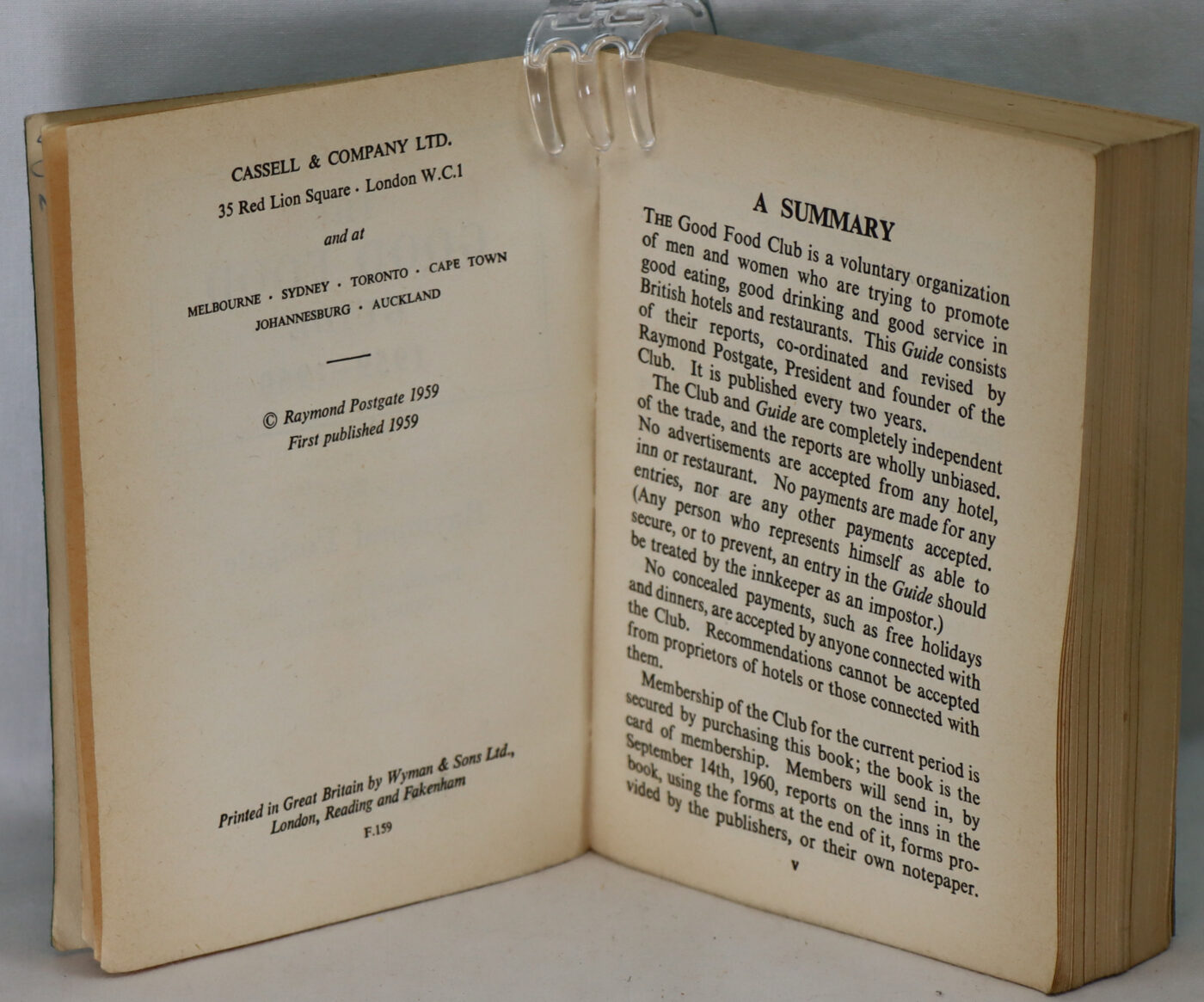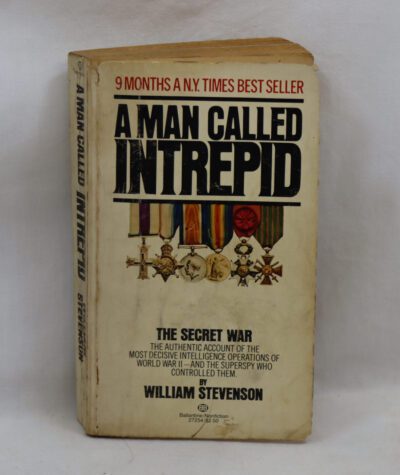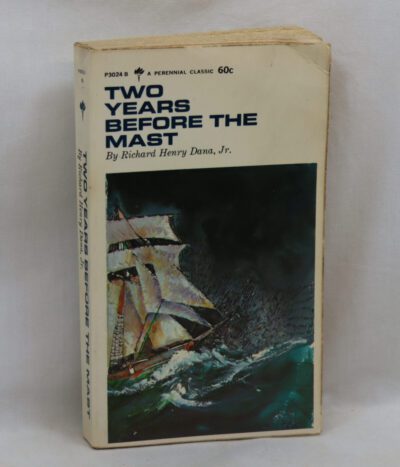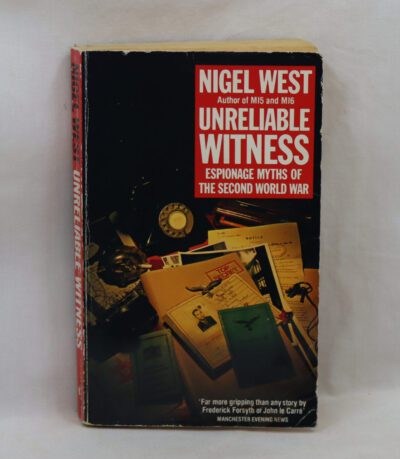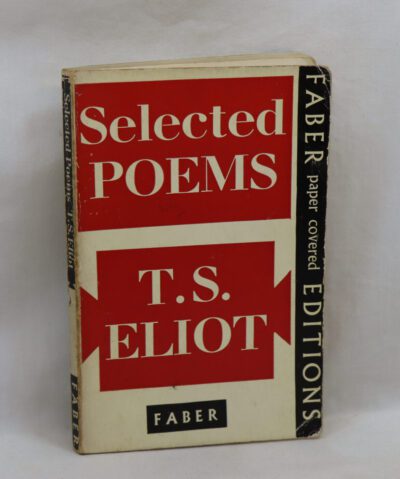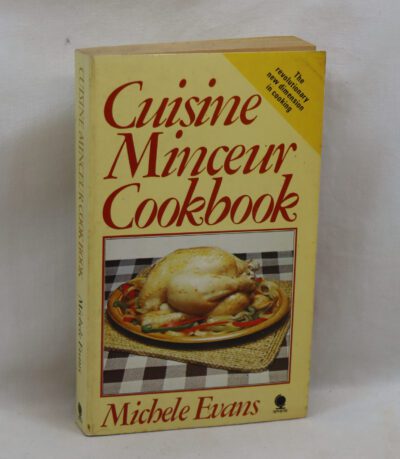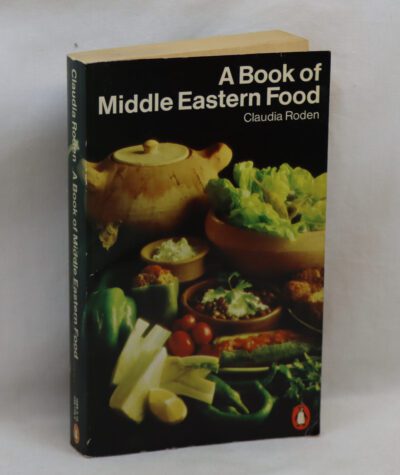The Good Food Guide. 1959-1960. Raymond Postgate.
By Raymond Postgate
Printed: 1960
Publisher: Cassell & Co. London
| Dimensions | 11 × 14 × 3 cm |
|---|---|
| Language |
Language: English
Size (cminches): 11 x 14 x 3
Condition: Very good (See explanation of ratings)
Item information
Description
Softback. Green cloth binding with black title.
We provide an in-depth photographic presentation of this item to stimulate your feeling and touch. More traditional book descriptions are immediately available
- Note: This book carries a £5.00 discount to those that subscribe to the F.B.A. mailing list
For conditions, please view our photographs. A nice clean rare copy from the library gathered by the famous Cambridge Don, computer scientist, food and wine connoisseur, Jack Arnold LANG. Jack founded the Midsummer House, Cambridge’s paramount restaurant. This dining experience is hidden amongst the grassy pastures and grazing cattle of Midsummer Common and perched on the banks of the River Cam.
This book is a solid read providing an excellent British culinary snapshot.
Raymond William Postgate (6 November 1896 – 29 March 1971) was an English socialist, writer, journalist and editor, social historian, mystery novelist, and gourmet who founded the Good Food Guide. He was a member of the Postgate family. Always interested in food and wine, after World War II, Postgate wrote a regular column on the poor state of British gastronomy for the pocket magazine Lilliput. In these, inspired by the example of a French travel guide called Le Club des Sans Club, he invited readers to send him reports on eating places throughout the UK, which he would collate and publish. The response was overwhelming, and Postgate’s notional “Society for the Prevention of Cruelty to Food”, as he had called it, developed into the Good Food Guide, becoming independent of Lilliput and its successor, The Leader. The Guide‘s first issue came out in 1951; it accepted no advertisements and still relied on volunteers to visit and report on UK restaurants. As well as democratising ordinary eating out, Postgate sought to demystify the aura surrounding wine, and the flowery language widely used to describe wine flavours. His “A Plain Man’s Guide To Wine” undoubtedly did much to make Britain more of a wine-drinking nation. In 1965, Postgate wrote an article in Holiday magazine in which he warned readers against Babycham, which “looks like champagne and is served in champagne glasses [but] is made of pears”. The company sued for libel, but Postgate was acquitted, and was awarded costs. His distinctly amateur writings on both food and wine, though highly influential in Britain in their time, did not endear him to professionals in the catering and wine trades, who avoided referring to him; however, his activities were much appreciated in France, where in 1951 he had been made the first British “Peer of the Jurade of St Emilion”.
Want to know more about this item?
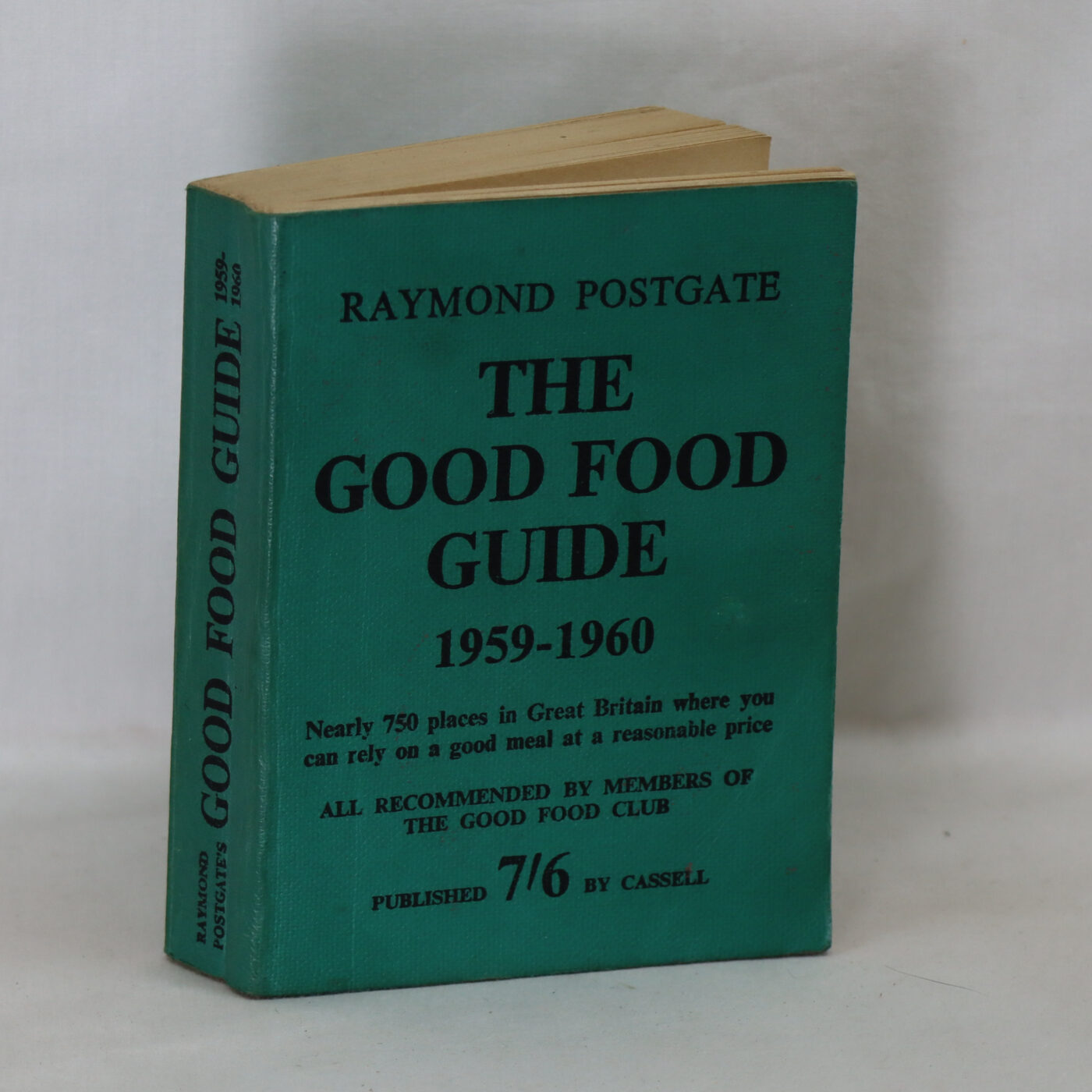
Related products
Share this Page with a friend

